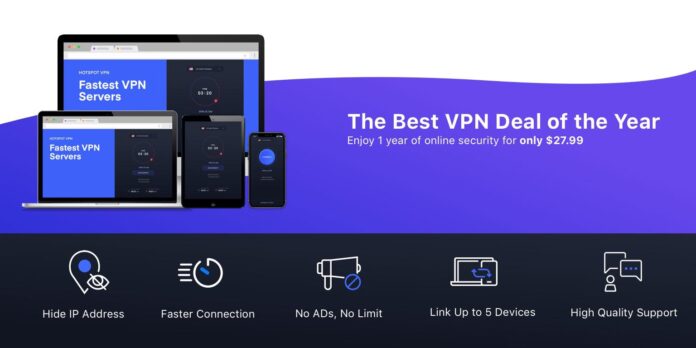There are various security guidelines and practices to follow when protecting your server and data, apart from hotspot shield proxy. Continue reading to learn about the complex subtleties of the subject.
Managing a company’s network requires knowledge of security recommendations. A security strategy isn’t enough; your network must be handled in such a manner that hackers can’t access your server data. To various individuals, security might mean many different things. But apart from incorporating hotspot shield proxy, the bottom line is that all security measures should have prevention and detection as their primary goals.
Let’s take a closer look at these vital objectives.
- Security begins with prevention – Preventive protection is the simplest to grasp. Stopping the hackers from getting into your network is just the first step in preventing unwanted access. Firewalls, hotspot shield proxy, and other software that can be installed on your PC or remotely via the Internet provide some of the most excellent network security. Installing your operating system and numerous anti-virus tools are also typical methods of installing firewalls and software.
- Preventing is more straightforward than detecting – It’s a little more challenging to grasp detection than prevention. This necessitates keeping track of who is attempting to access your network and when. The most effective security advice considers both sides of the equation at the same time. The goal is to gather as much information as possible before anyone else but not be caught off guard!
- Many ways exist to hack your network security – Your network’s security may be jeopardized in various ways. Email is one popular method. For example, hackers may send your workers bogus emails with links or data not meant for them unless you have expressly approved the user. When a person is tricked into entering their password to visit a specific website, this is known as phishing. Employees passing on sensitive information, such as corporate strategies or goods, is one example of this.
- According to security experts, enforce strict Email, and website passwords – Email and website password protection should be very stringent. New account sign-up necessitates the usage of a password, which should never be repeated on another website. This includes websites like Facebook and Twitter. Even your internet domain name should have a password that is difficult to decipher. Passwords should be accessible to be changed at any time and should not be used to hide activities. Stay away from sites that ask for a password to log in to be on the safe side.
- Keep sensitive data off public computers – Documents containing private or corporate information should not be stored on public computers. A shared hard drive or an area where the public cannot access these papers are two options for document storage. If you’re using a public computer at work, you may want to secure your screen with a padlock symbol or some other method. Avoid storing private information on your phone or tablet if security is a concern for you. Instead, save this data on a secure storage device that requires a password to access.
- Good computer habits – Your computing habits should be practiced correctly to use security devices and software. For example, don’t forget to place your login information in the recycling bin after you’re done with them. Every time you shut down your browser, remember to clear the cache and history. Retaining Internet cookies from being deleted from your browser is a good idea. Email attachment URLs should not be clicked. Before you leave a website after doing your work, make careful to read the privacy policy and ‘aggressor’ agreement.
Final point
Many individuals ignore the need to keep an anti-virus application up to date regarding home security tips and practices. Viruses can devastate your network in a matter of minutes, if not seconds. Make frequent complete scans and use a hotspot shield proxy to fix any issues. Always keep in mind that a virus-free network is safer! By following these home-network security guidelines and practices, you’ll be on your way to a secure network.








